Diphtheria vaccination launched in Rohingya camps
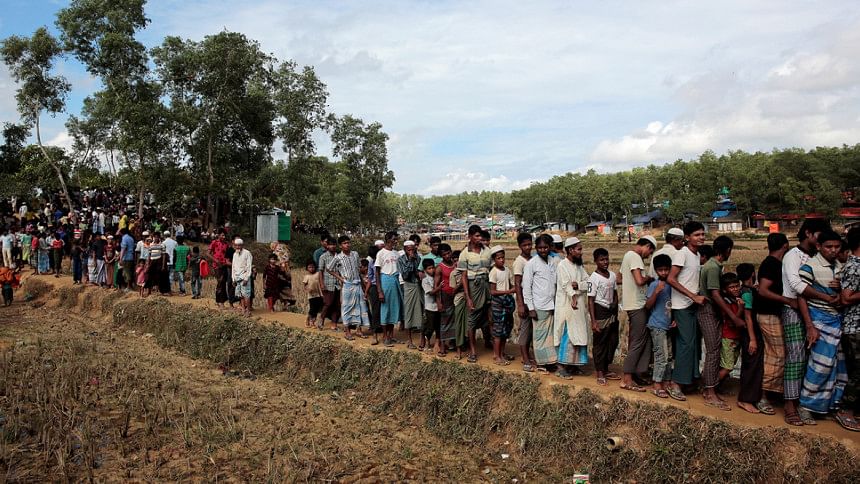
Bangladesh today launched a vaccination campaign against diphtheria and other preventable diseases for Rohingya children aged six weeks to six years living in 12 camps and temporary refugee settlements in Cox's Bazar.
A Unicef press release issued said that nearly 255,000 children are expected to be covered under the vaccination launched jointly by Bangladesh government, Unicef, World Health Organisation and Gavi.
"The outbreak shows a steep rise in cases, an indicator of the extreme vulnerability of children in the Rohingya camps and settlements," said Edouard Beigbeder, Unicef representative to Bangladesh. "Vaccination provides effective prevention."
Recent data from shows 722 probable diphtheria cases, including nine deaths, in the camps and makeshift settlements hosting the refugees, between 12 November and 10 December, the press release added.
"The Government of Bangladesh will do everything necessary to contain this outbreak," said Dr Abul Kalam Azad, Director General of Health Services, Ministry of Health and Family Welfare.
The children are being administered pentavalent vaccines (which protects against diphtheria, pertussis, tetanus, Haemophilus Influenzae, and hepatitis B), pneumococcal conjugate vaccines (PCV) and bivalent oral polio vaccine.
"We are moving quickly to control this diphtheria outbreak before it spins out of control," said Dr Navaratnasamy Paranietharan, WHO representative to Bangladesh.
Diphtheria is an infectious respiratory disease caused spread through air droplets by coughing or sneezing. Risk factors include crowding, poor hygiene and lack of immunisation.

 For all latest news, follow The Daily Star's Google News channel.
For all latest news, follow The Daily Star's Google News channel. 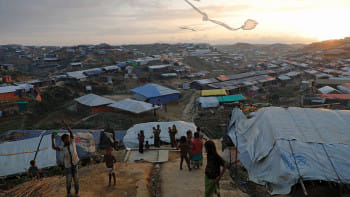


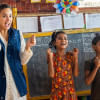
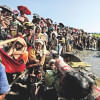
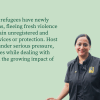
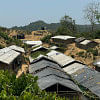



Comments